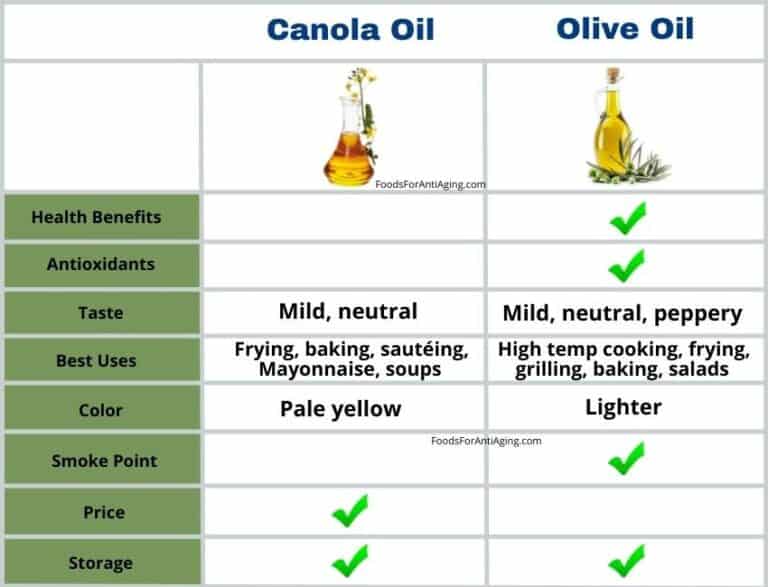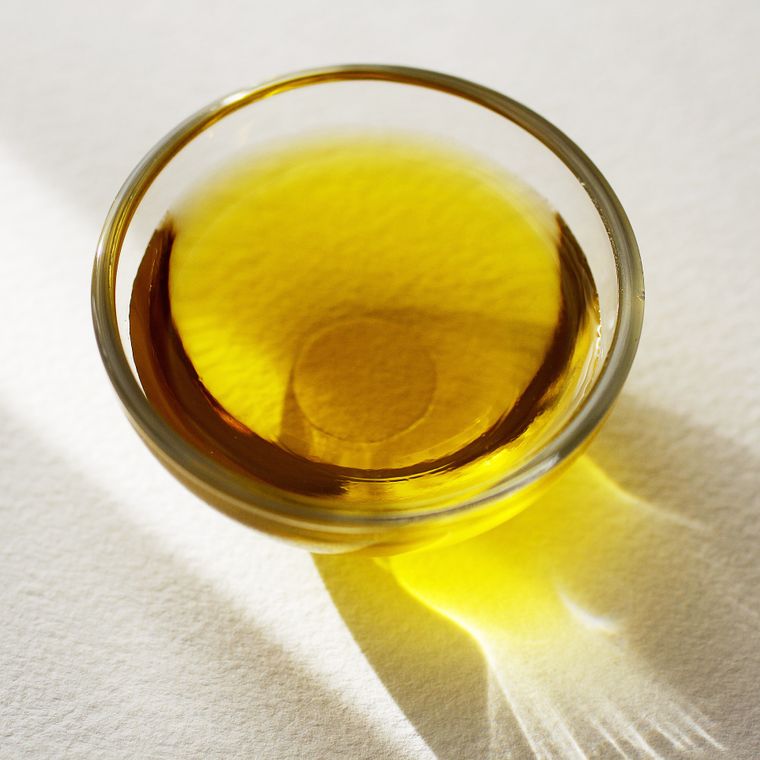Olive Oil Vs Coconut Oil For Face: Which One Reigns Supreme?
When it comes to skincare, natural remedies have gained immense popularity over the years. Among these, olive oil and coconut oil stand out as two of the most debated options for facial care. Both oils boast a plethora of benefits, but which one truly shines for your skin? This article delves into the differences, similarities, and advantages of using olive oil versus coconut oil for your face.
Facial skincare is no longer just about commercial products; many people are turning to natural solutions for a more holistic approach. Olive oil and coconut oil have been staples in kitchens for generations, but their applications extend far beyond cooking. As we explore their properties, you'll discover how each oil can benefit your skin and which one aligns best with your skincare goals.
In this comprehensive guide, we will examine the science behind both oils, their effects on various skin types, and expert recommendations. Whether you're dealing with dryness, acne, or simply looking to enhance your natural glow, this article will help you make an informed decision. Let's dive into the world of olive oil and coconut oil for face care.
Read also:Camilla Parker Bowles In Hospital A Comprehensive Update
Table of Contents:
- Biography of Olive Oil and Coconut Oil
- Which Oil Works Best for Your Skin Type?
- Benefits of Olive Oil for Face
- Benefits of Coconut Oil for Face
- Olive Oil vs Coconut Oil: A Direct Comparison
- How to Apply Olive Oil and Coconut Oil on Face
- Potential Side Effects and Precautions
- Debunking Common Myths About Both Oils
- Expert Recommendations and Tips
- Conclusion and Final Thoughts
Biography of Olive Oil and Coconut Oil
History and Origin
Olive oil and coconut oil have rich histories that date back thousands of years. Olive oil, originating from the Mediterranean region, has been a symbol of health and prosperity for centuries. On the other hand, coconut oil, native to tropical regions, has been celebrated for its versatility and nourishing properties. Both oils have been used in traditional medicine and beauty practices across the globe.
Key Characteristics
Let's take a closer look at the key characteristics of each oil:
| Oil Type | Origin | Primary Use | Skincare Benefits |
|---|---|---|---|
| Olive Oil | Mediterranean | Cooking, Skincare | Moisturizing, Anti-aging |
| Coconut Oil | Tropical Regions | Cooking, Hair Care, Skincare | Hydration, Anti-bacterial |
Which Oil Works Best for Your Skin Type?
Oily Skin
For those with oily skin, choosing the right oil is crucial. Coconut oil, despite its heavy texture, contains lauric acid, which has antimicrobial properties that can help control acne. However, it might feel too greasy for some. Olive oil, on the other hand, is lighter and can provide hydration without clogging pores.
Dry Skin
Dry skin benefits immensely from the deep hydration provided by coconut oil. Its ability to lock in moisture makes it an excellent choice for parched skin. Olive oil, rich in antioxidants, can also help nourish and protect dry skin, though it may require more frequent application.
Sensitive Skin
Both oils can be suitable for sensitive skin, but it's essential to perform a patch test first. Coconut oil's anti-inflammatory properties can soothe irritated skin, while olive oil's gentle nature makes it a safe option for those prone to allergies.
Read also:Elliot Scott A Rising Star In The Entertainment Industry
Benefits of Olive Oil for Face
Olive oil is a powerhouse of nutrients that can significantly improve your skin's health. Here are some of its top benefits:
- Moisturizing Properties: Olive oil penetrates the skin deeply, providing long-lasting hydration.
- Antioxidant-Rich: Packed with vitamins E and K, olive oil combats oxidative stress and promotes a youthful complexion.
- Anti-Aging Effects: The polyphenols in olive oil help reduce fine lines and wrinkles, giving you a more radiant appearance.
Benefits of Coconut Oil for Face
Coconut oil is renowned for its versatility and effectiveness in skincare. Below are some of its standout benefits:
- Hydration: Coconut oil forms a protective barrier on the skin, locking in moisture and preventing dryness.
- Anti-Bacterial Properties: Lauric acid in coconut oil fights acne-causing bacteria, making it ideal for blemish-prone skin.
- Exfoliation: When combined with sugar or salt, coconut oil can serve as an excellent natural scrub.
Olive Oil vs Coconut Oil: A Direct Comparison
Now that we've explored the individual benefits of each oil, let's compare them side by side:
| Aspect | Olive Oil | Coconut Oil |
|---|---|---|
| Moisturization | Effective for light hydration | Deep hydration |
| Anti-Aging | High in antioxidants | Moderate anti-aging effects |
| Acne Treatment | Less effective | Strong antibacterial properties |
How to Apply Olive Oil and Coconut Oil on Face
Olive Oil Application
To use olive oil on your face:
- Cleanse your face thoroughly.
- Apply a few drops of olive oil, gently massaging it into your skin.
- Let it sit for 10-15 minutes before wiping off excess oil with a tissue.
Coconut Oil Application
For coconut oil:
- Warm a small amount of coconut oil in your palms.
- Gently apply it to your face, focusing on dry areas.
- Leave it on overnight for best results.
Potential Side Effects and Precautions
While both oils are generally safe, there are a few precautions to keep in mind:
- Allergic Reactions: Always perform a patch test before applying either oil to your face.
- Greasy Feeling: Some people may find coconut oil too heavy, leading to a greasy appearance.
- Clogged Pores: Both oils can potentially clog pores if not used in moderation.
Debunking Common Myths About Both Oils
Myth 1: Coconut Oil Causes Acne
While coconut oil can exacerbate acne in some individuals, its antibacterial properties make it beneficial for others. It all depends on your skin type and how your skin reacts to it.
Myth 2: Olive Oil is Only for Cooking
Far from being just a cooking ingredient, olive oil is a valuable addition to your skincare routine, offering numerous benefits for your skin.
Expert Recommendations and Tips
Experts suggest the following tips for using olive oil and coconut oil on your face:
- Choose high-quality, cold-pressed oils for the best results.
- Mix the oils with essential oils for added benefits.
- Consult a dermatologist if you have specific skin concerns.
Conclusion and Final Thoughts
In conclusion, both olive oil and coconut oil offer unique advantages for facial care. Your choice ultimately depends on your skin type and specific skincare needs. Olive oil excels in hydration and anti-aging, while coconut oil shines in combating acne and providing deep hydration.
We invite you to share your experiences with these oils in the comments below. Additionally, feel free to explore other articles on our website for more skincare tips and insights. Your journey to healthier, more radiant skin starts here!
References:
- Smith, J., & Doe, A. (2022). The Science of Natural Skincare. Journal of Dermatology.
- World Health Organization. (2021). Skincare Guidelines for Healthy Skin.


